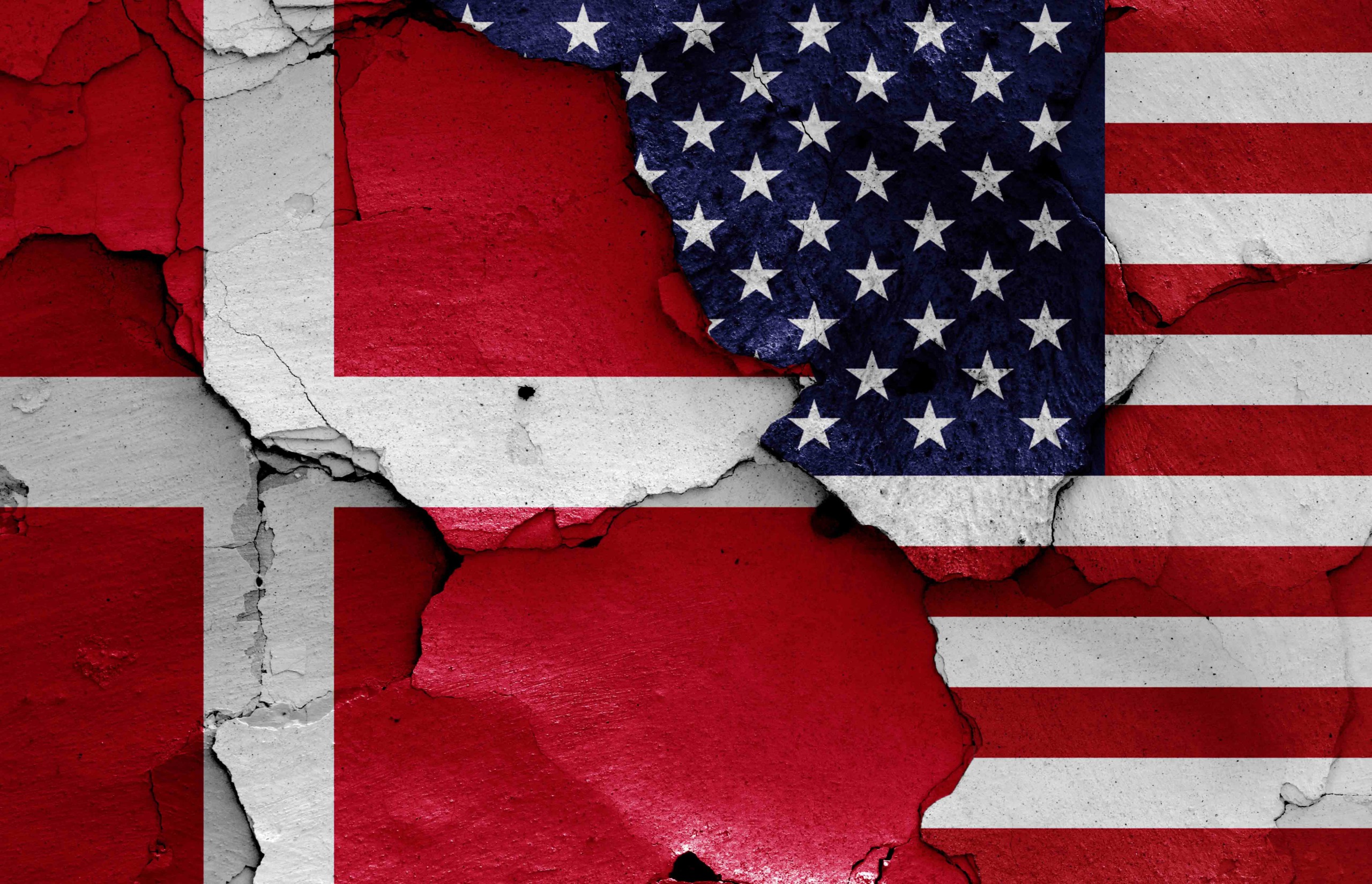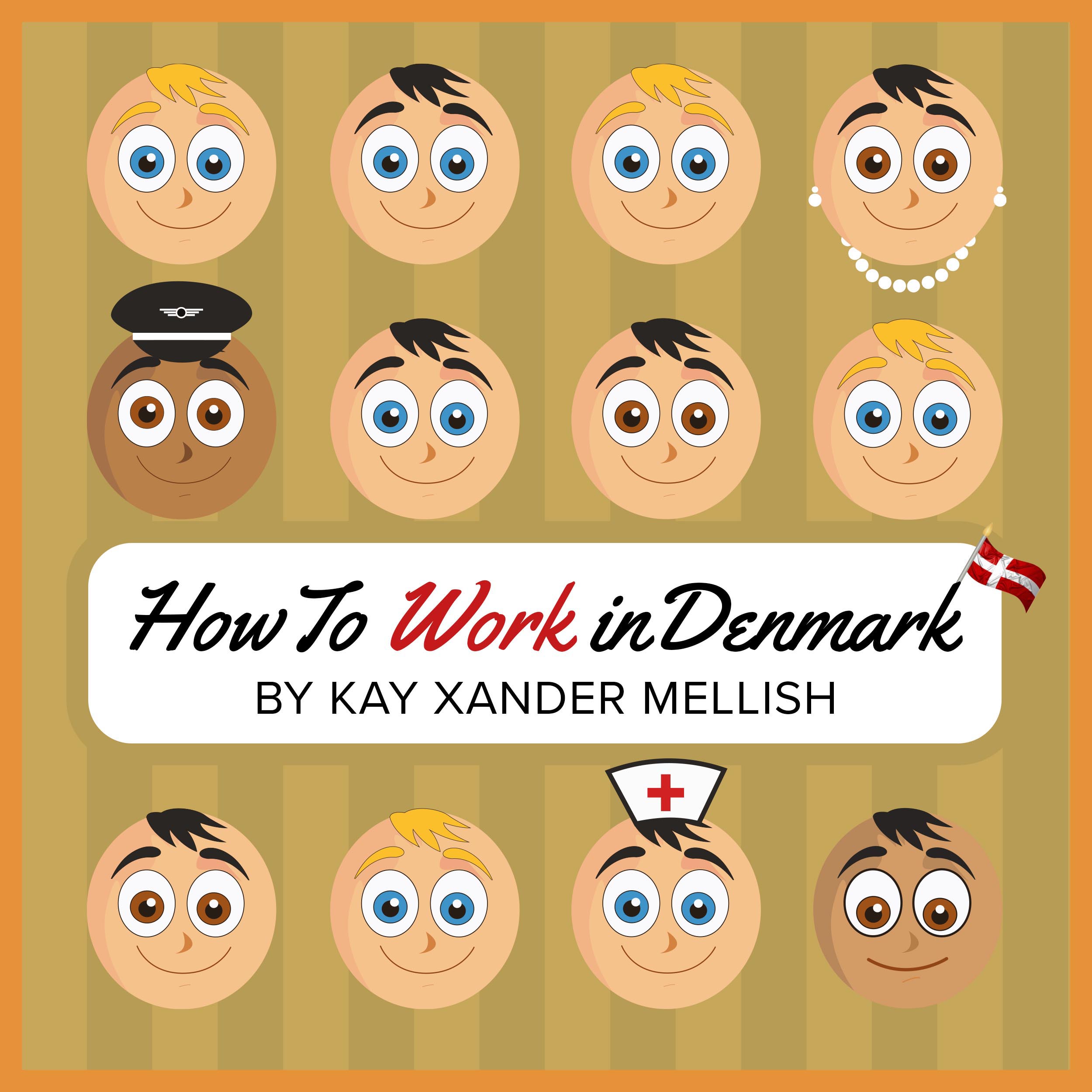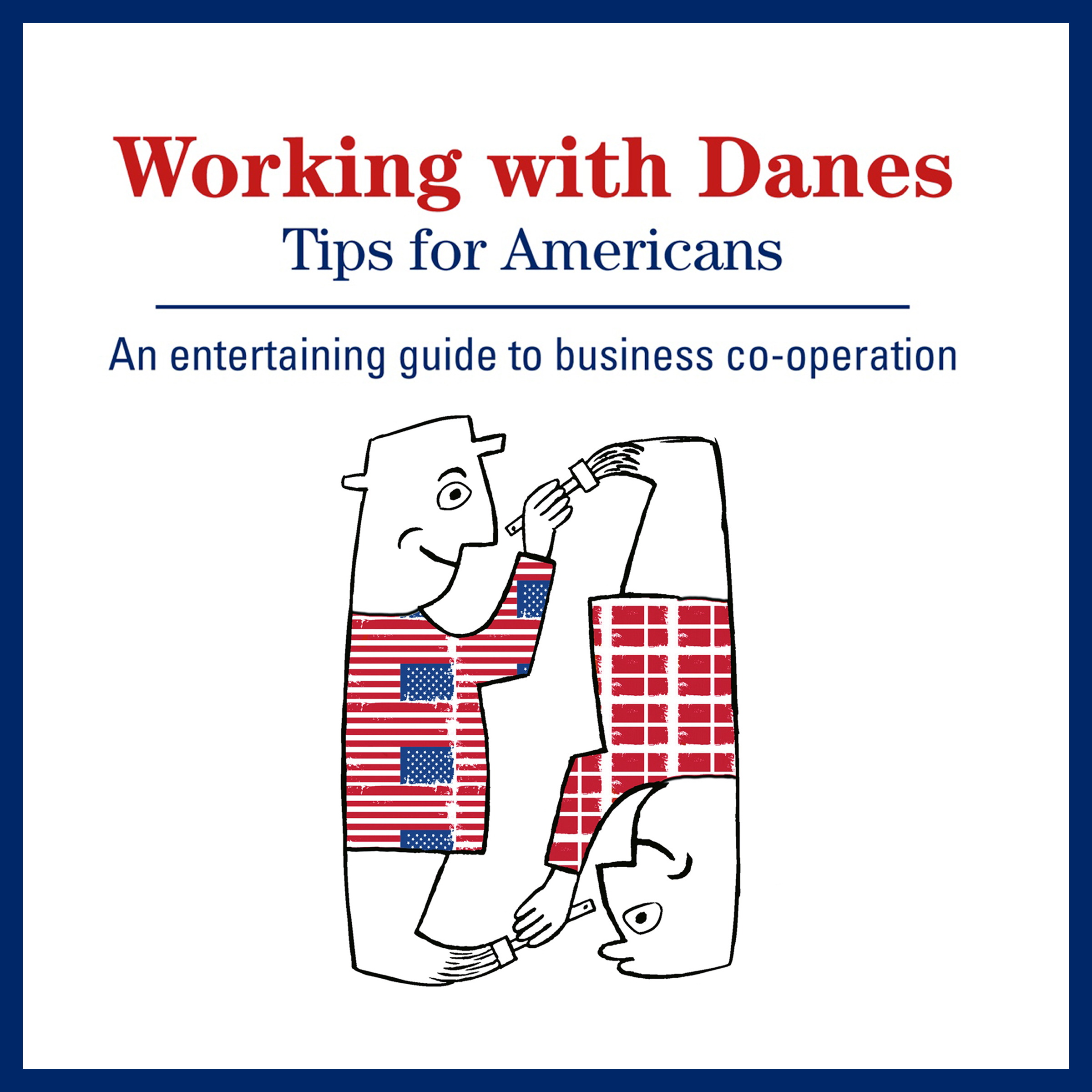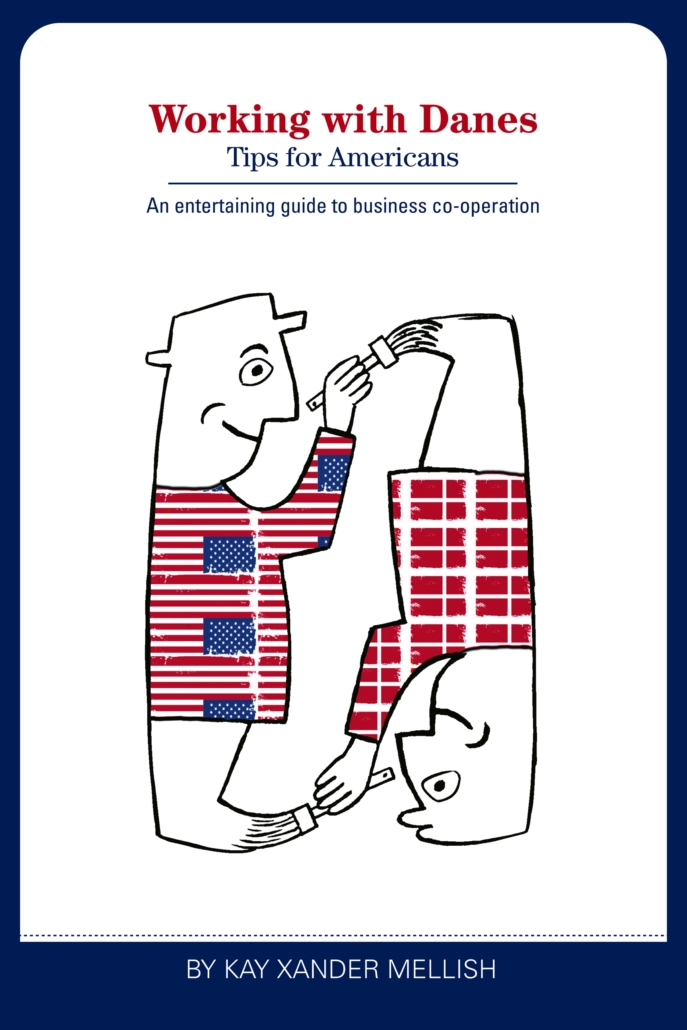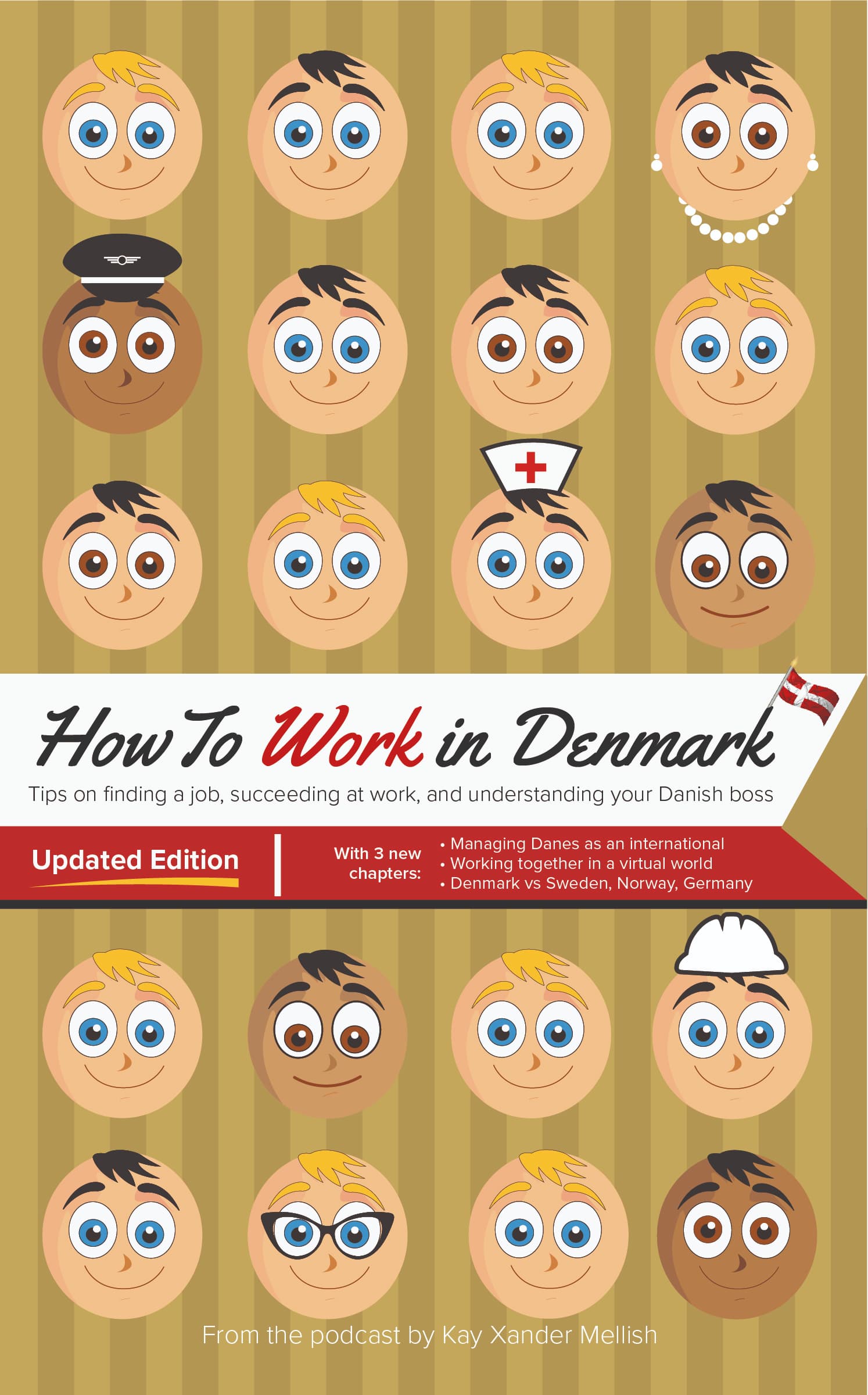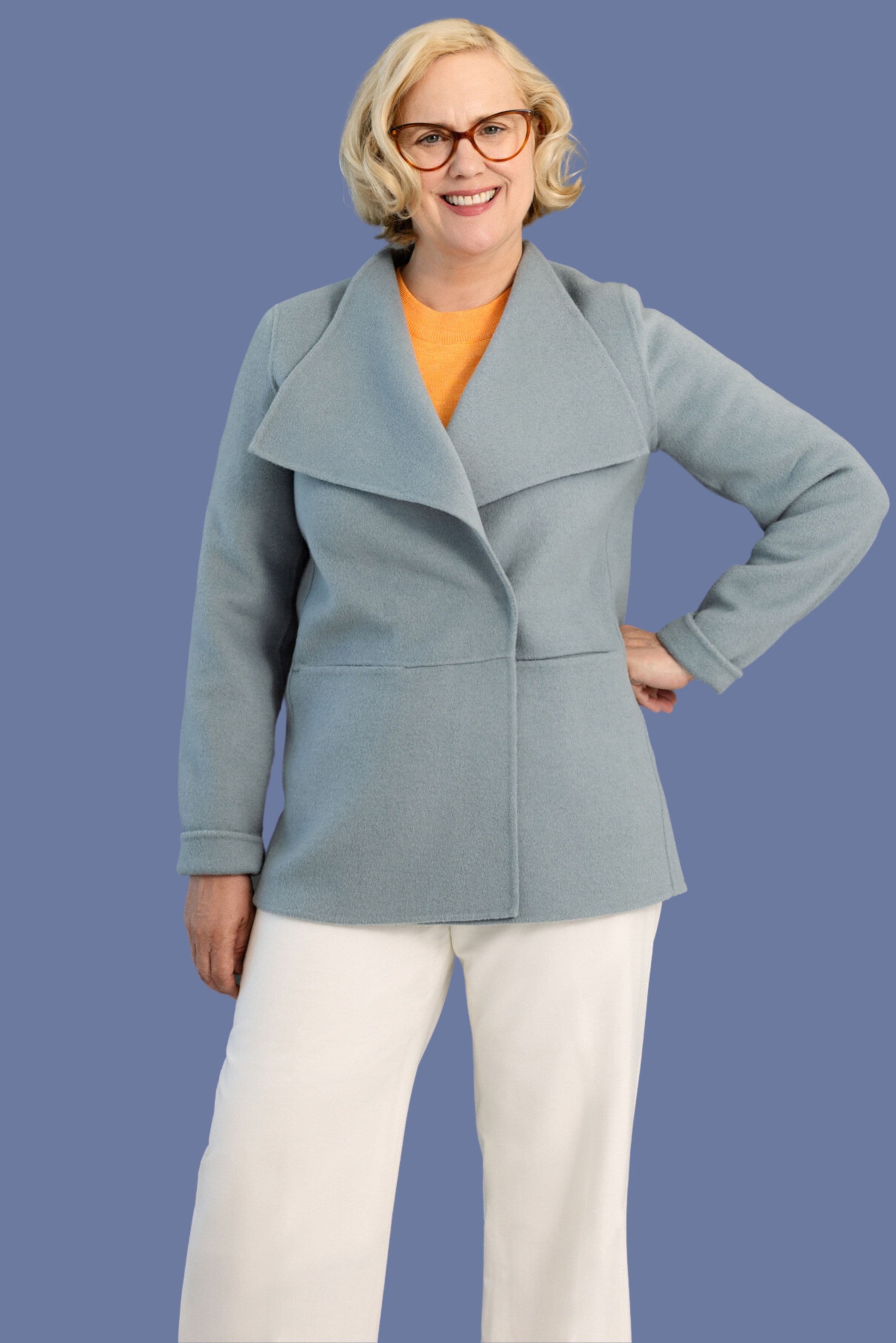Culture shock for an American in Denmark
Five weeks of annual vacation – really?
One of big culture shock for an American in Denmark is the question you’ll hear at the beginning of the summer: Are you taking three or four?
That means – are you taking three or four weeks of summer vacation? Danes are entitled by law to at least five weeks of paid vacation per year, and the law requires employers to permit at least three weeks of time off from May to September.
In addition, Danes who work for others (in other words, people who are not self-employed) are entitled to “vacation money” that allows them to enjoy their vacations without economic difficulties.
This payment, which is equivalent to 1% of the employee’s salary in a calendar year, is kept by the government until it is time to go on vacation, upon which time the employee applies for a payout.
Culture shock for an American in Denmark: Cars are very expensive
Unlike Sweden, Denmark has never had a major car industry, and that may be one reason that driving in Denmark is so expensive. New cars are taxed at up to 150% of the their purchase price, and fuel costs are at least double of what they might be in the US. Electric cars are popular in the cities, although they are less popular in the countryside, where chargers can be few and far between.
Danes cannot get a driver’s license until they turn 18, and many people in the big cities have no drivers’ license at all. Getting a license requires an extensive course with a private company that can run up to US$5000. Many Danish teenagers get after-school jobs just to save up for driving lessons.
Culture shock: Alcohol use among very young Danes
In the US the drinking age is 21 in most places, and frequently enforced with “carding” at bars, clubs, and liquor stores. In Denmark, the official age for being able to purchase wine and beer is 16, although in practice, many Danes begin drinking long before that.
Traditionally, Danish children have been allowed to drink beer at home as soon as they were confirmed in the Church, around 12 or 13. Parties of children who are 14 or 15 frequently feature alcohol with the parents’ permission. Many high schools have cafés that sell light alcohol like “breezers” and beer.
At 18, Danes can buy all types of alcohol, and frequently do.
Heavy drinking in Denmark is a national problem, and even seemingly well-adjusted, well-educated adults sometimes drink to the point of passing out. The 2021 Oscar-winning movie “Another Round” focused on this.
Culture shock: Competition vs co-operation, contentment vs excellence
American culture encourages and supports competition: children are encouraged to excel and be the best both in the classroom and on the athletic field. Getting into the best universities and post-university jobs is important. And adults compete constantly in business and politics – sometimes ethically, sometimes not.
Denmark is a much less competitive society. The emphasis is on co-operation, teamwork and solidarity. Children receive few or no grades at school until they are 12 or 13, and class rankings are rare. Bright students are encouraged to help their struggling classmates, and advanced or gifted classes are rare.
Meanwhile, adults are less competitive at work, and job titles are not particularly meaningful to the Danes. Some people enjoy this co-operative approach, but others complain about the legendary “Jante Law,” with pettiness and envy directed towards individuals who are hardworking and successful.
Culture shock: Diversity and Danish humor
Denmark is frequently called a monoculture. Although about 10% of the population is not ethnic Danish – and 20% of newborn babies have at least one non-Danish parent – almost everyone is part of the dominant Danish culture. Diversity and the Danes is a work in progress.
One way this is expressed is in humor. Danes tend to have a rather harsh and personal humor with each other, in part because they are all part of a “big family” and families often feel entitled to joke with each other. Americans can easily become offended by Danish humor.
On the other hand, the US is a very diverse society, not just ethnically and economically but also geographically. Denmark has fewer than 6 million people, fewer than the Houston metro area, and Danes don’t always understand how big and chaotic the US can be, or how much one state can differ from another.
Danes also don’t always understand the US enjoyment of being different just to be fun and kooky. “Social fit” is very important in Denmark, and people prefer to be calm, quiet and wear subtle clothing.


